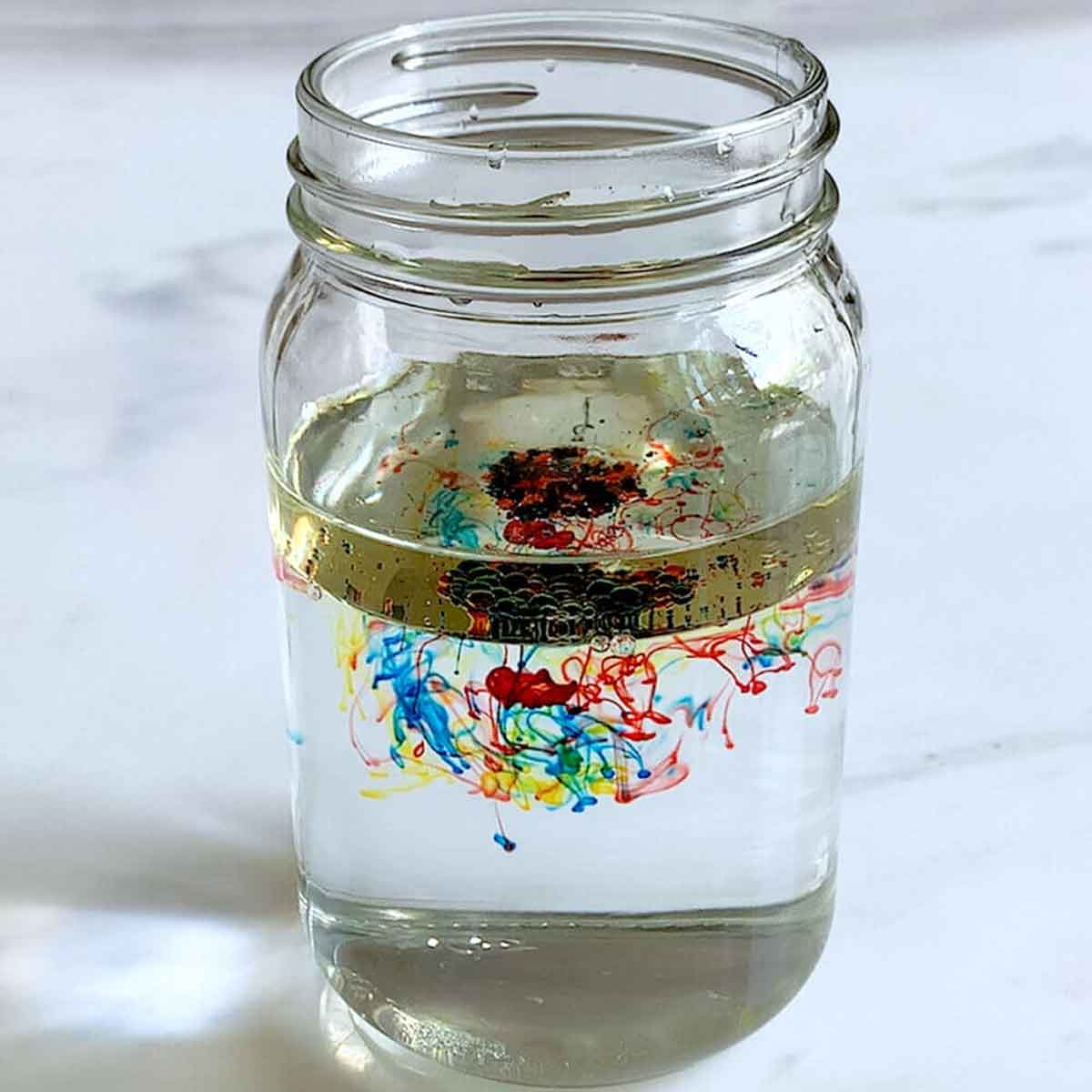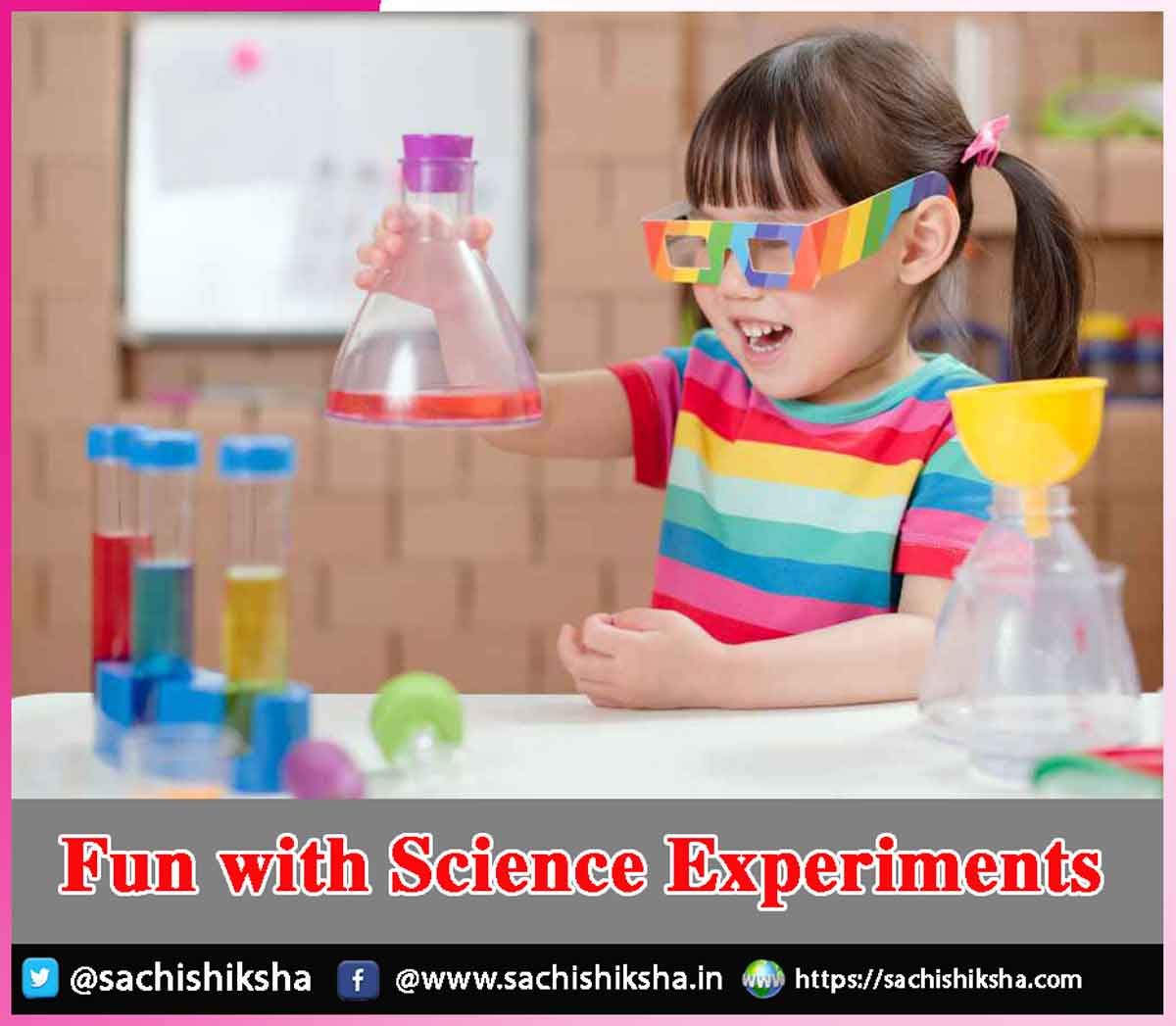Fun with Science Experiments
Introduction: Science is not just a subject in school, it’s a doorway to curiosity, creativity, and discovery. And one of the most exciting ways to explore science is through hands-on experiments. Whether it’s making a volcano erupt with baking soda or seeing colors dance on milk, science experiments turn learning into a fun-filled adventure.
Table of Contents
Educational & Entertaining

Volcano Experiment
Take, for example, the classic volcano experiment. With just baking soda, vinegar, dish soap, and food coloring, you can create a mini eruption that looks like lava spilling out of a mountain. It’s fun to watch and also teaches us about chemical reactions and how gases are formed when substances mix.
Lava Lamp Experiment
Another favorite is the lava lamp experiment, where oil, water, and effervescent tablets are combined to create mesmerizing blobs that float and sink. This shows the concept of density and how different liquids interact.
Balloon & Comb Experiment
Even everyday items can become part of exciting experiments. With a balloon and a comb, you can create static electricity and make the balloon stick to a wall. Using a glass of water and a piece of cardboard, you can turn a glass upside down without spilling a drop, demonstrating air pressure. These activities may seem like magic at first, but they’re all grounded in scientific principles.
Encourage Problem-Solving & Critical Thinking
What’s great about science experiments is that they encourage problem-solving and critical thinking. Kids and even adults become little scientists—forming hypotheses, testing ideas, and learning from unexpected outcomes. And sometimes, it’s the failed experiments that teach the most, showing us what doesn’t work and why.
Spark Creativity
Science experiments also spark creativity. They inspire us to wonder, “What if?”, What if I mix these two ingredients? What happens if I change the temperature or try it upside down? There’s a thrill in discovering something new, even if it’s just in your kitchen or backyard.
Team Work & Shared Excitement
Moreover, science experiments are a great way to bond with friends or family. Working together on an experiment creates teamwork and shared excitement. Whether it’s in a classroom, at a science fair, or just a weekend at home, the joy of exploring science is universal.
Conclusion
In the end, science experiments are more than just fun, they build a love for learning, encourage curiosity, and help us become better observers of the world around us. They remind us that science isn’t confined to a textbook; it’s everywhere, from a soap bubble to a rainbow.
So the next time you’re bored or curious, try a simple experiment. You might just have fun, learn something new, and feel the thrill of discovery, all at once. Because with science, the fun never ends.















































